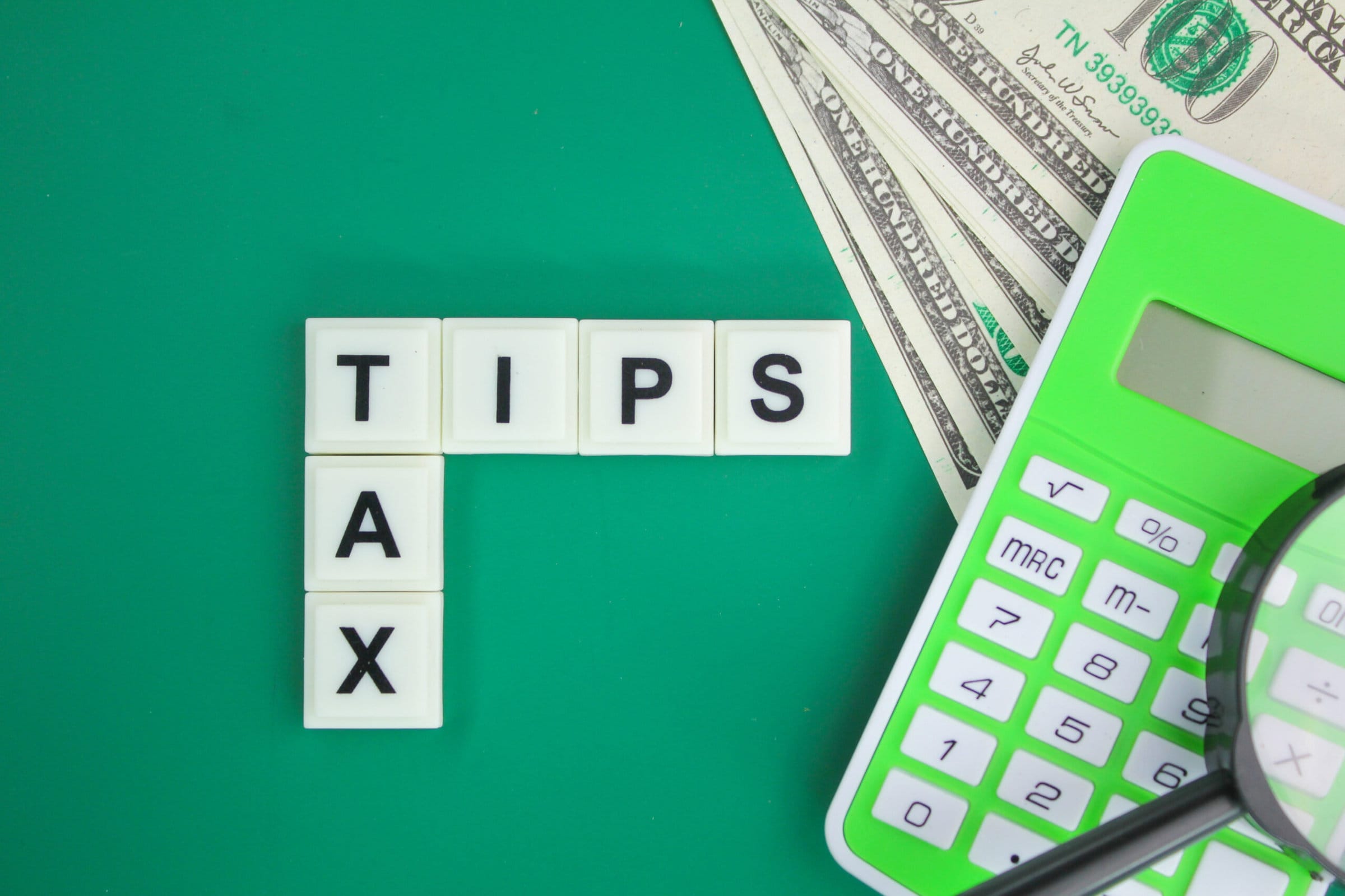Short-term rentals may offer tax-free income
Opportunities to earn tax-free income are few and far between, but one often overlooked strategy allows you to do just that by renting out your home on a short-term basis. If you rent out a vacation home for less than 15 days per year, the rental income is tax-free, regardless of how much you earn.
And those earnings can be substantial, especially if the home is in a highly sought-after location or is near a major event — think Super Bowl, U.S. Open, Mardi Gras, political convention or music festival. For example, let’s say you rent out your home for $2,000 per night for 14 days. That could result in $28,000 per year in tax-free income. You don’t even need to report it on your tax return.
There’s a caveat to keep in mind. To qualify for this tax break, in addition to renting out the home for less than 15 days per year, you must also use it for personal purposes for at least 15 days per year.
Are you entitled to a Medicare refund?
Most Medicare participants pay premiums for Medicare Parts B and D, and those premiums are bumped up significantly for higher-income participants. In 2024, for example, the Part B premium is almost $2,100 per year ($4,200 per year if both you and your spouse are enrolled in Part B).
However, if your modified adjusted gross income (MAGI) is between $103,000 and $129,000 (between $206,000 and $258,000 for joint filers), the premium is subject to a surcharge that brings the total premium to around $2,935 per year ($5,870 per year for both you and your spouse). MAGI is your adjusted gross income plus tax-exempt interest. The surcharge increases as your MAGI increases, until Part B premiums top out at $7,128 per year (or $14,256 for both you and your spouse) if your MAGI exceeds $500,000 ($750,000 for joint filers).
But here’s the twist: Medicare surcharges are generally based on your MAGI from two years earlier. For example, your 2024 premiums are based on your 2022 income. If your income has declined since then — for example, because you married, divorced or your spouse died, you or your spouse stopped working, your income-producing property stopped producing, or your pension income was lost or reduced — you may be entitled to a refund of the excess premiums. Unfortunately, these refunds can be difficult and time consuming to obtain, so it’s important to be persistent.
© 2024


